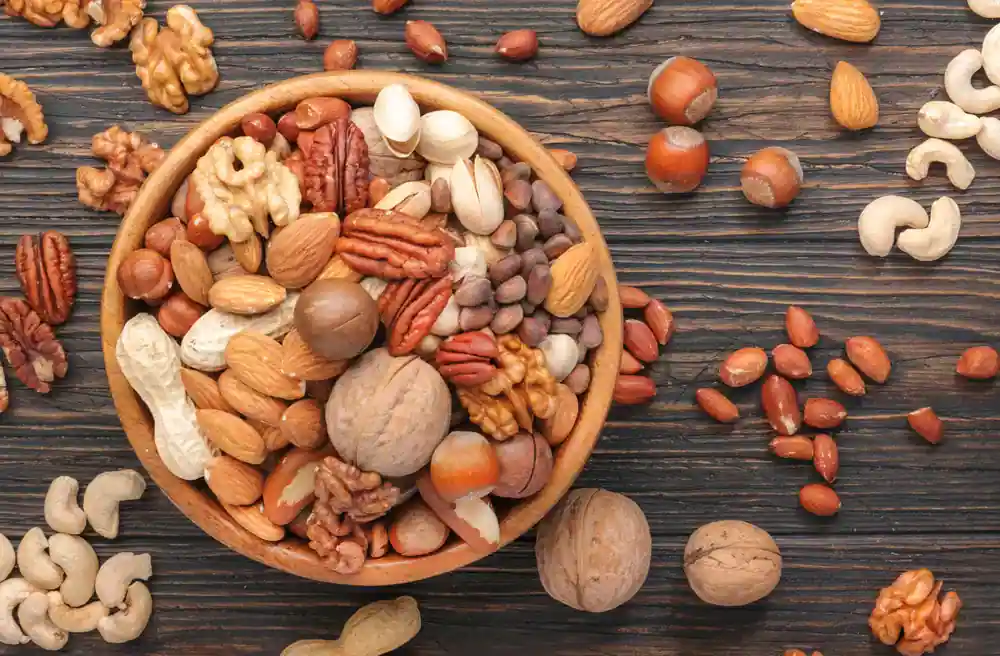Soaking seeds can enhance their nutritional benefits by making them easier to digest and increasing the bioavailability of nutrients.Soaking seeds usually involves covering them with water for several hours (typically 4-8 hours) and then rinsing them thoroughly before consuming. This process can enhance the nutritional benefits and make them easier to digest.
8 seeds that are more beneficial after soaking:
Chia Seeds: Soaking chia seeds helps release their soluble fiber, making them easier to digest and improving hydration. It also enhances the absorption of nutrients like omega-3 fatty acids.
Flaxseeds: Soaking flaxseeds can make their tough outer shell softer, allowing for better digestion and absorption of omega-3 fatty acids, lignans, and fiber.
Sunflower Seeds: Soaking sunflower seeds can reduce their phytic acid content, which can inhibit the absorption of minerals like zinc and iron. This increases their nutritional value.
Pumpkin Seeds: Soaking pumpkin seeds can help break down enzyme inhibitors and reduce phytic acid, making their nutrients more accessible and easier to digest.
Sesame Seeds: Soaking sesame seeds can help increase the absorption of calcium, magnesium, and other minerals while reducing phytic acid.
Almonds: Although technically a nut, soaked almonds are easier to digest, and their nutrient absorption improves. Soaking also activates enzymes that help in nutrient breakdown.
Hemp Seeds: Soaking hemp seeds can help improve digestibility and enhance nutrient absorption, especially the omega-3 and omega-6 fatty acids.
Quinoa: Often considered a pseudo-seed, soaking quinoa can help remove saponins (bitter compounds) and increase the bioavailability of protein and minerals like magnesium.







